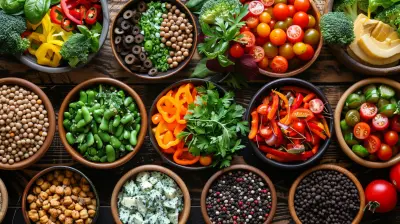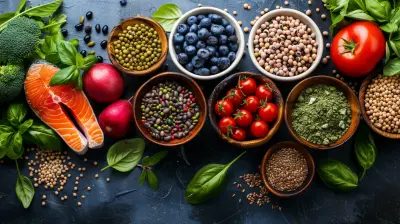The Power of a Plant-Based Diet: A Beginner's Guide
5 August 2025
Are you thinking about shifting to a plant-based diet but don't know where to start? Or maybe you're just curious about what all the hype is about? Either way, you're in the right place! Switching to a plant-based lifestyle isn't just another diet trend—it's a long-term approach to fueling your body with the best nature has to offer.
In this guide, we’ll break down the incredible benefits of a plant-based diet, bust some common myths, and give you practical tips on how to get started. Let’s dive in! 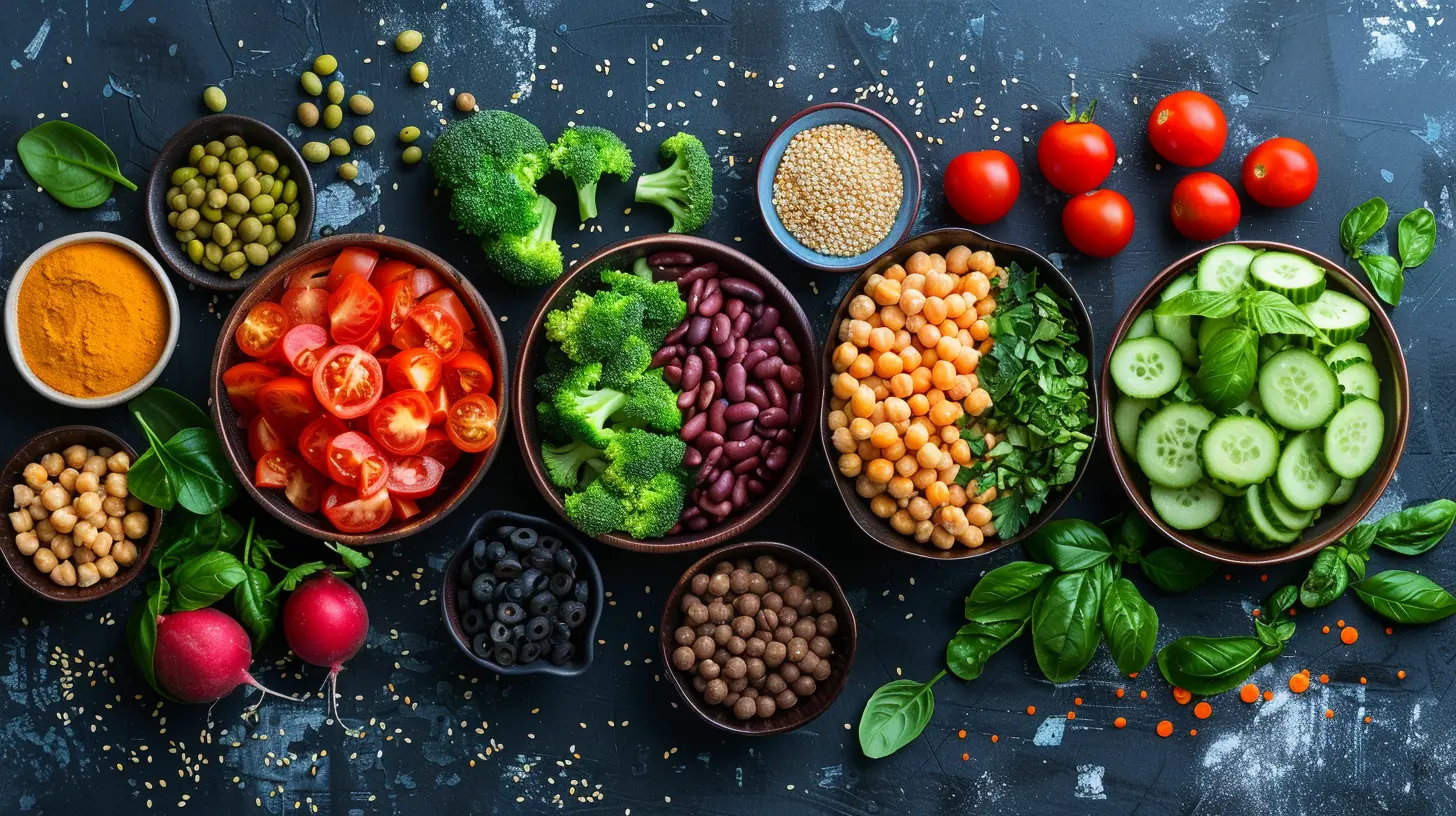
Why a Plant-Based Diet?
A plant-based diet focuses on eating whole, nutrient-dense foods sourced from plants—think fruits, vegetables, grains, nuts, seeds, and legumes. Unlike restrictive diets that leave you feeling drained, this way of eating provides your body with essential nutrients while lowering the risks of many chronic diseases.The Benefits of Going Plant-Based
Let’s get one thing straight: a plant-based diet isn’t just about eating more salad. It’s about fueling your body with foods that promote longevity and well-being. Here are some of the biggest benefits:🌿 Boosts Heart Health
Studies show that people who eat a plant-based diet have a significantly lower risk of heart disease. Why? Because plant-based foods are naturally low in saturated fats and cholesterol while being packed with fiber, which helps reduce bad cholesterol levels.🥦 Supports Weight Loss & Management
If you're tired of yo-yo dieting, this might be your answer. Plant-based foods are rich in fiber, keeping you full longer and reducing cravings. Plus, they’re lower in calories compared to processed foods, making weight management easier.🍎 Reduces Risk of Chronic Diseases
A plant-based diet has been linked to a lower risk of type 2 diabetes, high blood pressure, and even some types of cancer. The antioxidants, vitamins, and minerals found in plant foods help fight inflammation and protect against disease.💪 Increases Energy Levels
Ever feel sluggish after eating a heavy meal? That's because processed and animal-based foods take longer to digest. With a plant-focused diet, your digestion improves, and your body efficiently converts food into energy.🌏 Better for the Environment
Let’s not forget about Mother Earth! A diet rich in plant-based foods has a smaller carbon footprint compared to meat production, which requires more land, water, and resources. By making this shift, you're contributing to a healthier planet.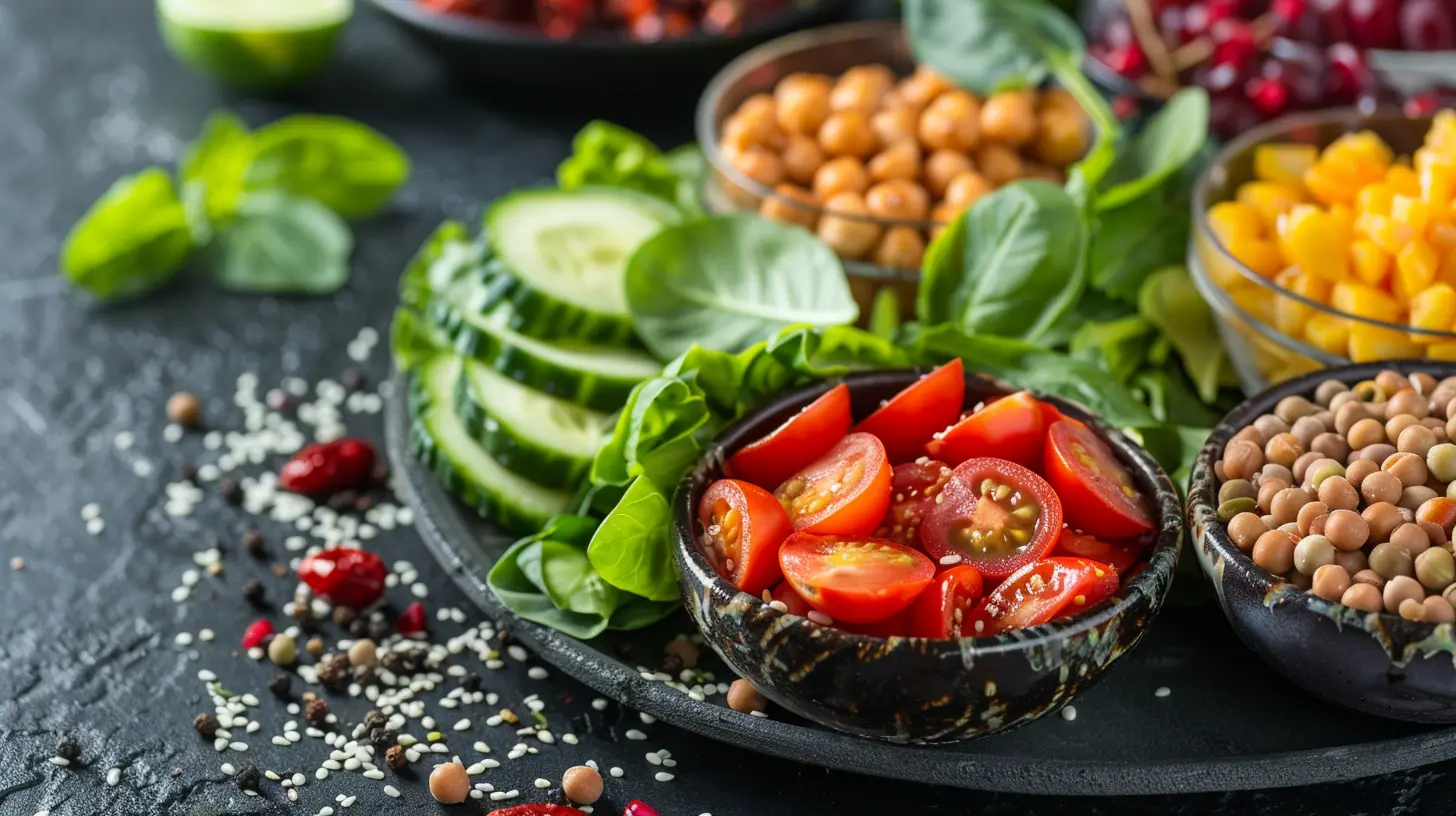
Common Myths About a Plant-Based Diet
Before we get into the "how," let's bust a few myths that might be holding you back.🚨 Myth #1: You Won’t Get Enough Protein
This one is probably the most common misconception. The truth? Plants are loaded with protein! Lentils, quinoa, chickpeas, tofu, nuts, and seeds are all excellent sources. If you're eating a well-balanced plant-based diet, you’ll easily meet your protein needs.🚨 Myth #2: It’s Too Expensive
Eating plant-based doesn’t mean shopping exclusively at fancy organic stores. Staples like rice, beans, oatmeal, and frozen vegetables are budget-friendly and widely available. You can absolutely eat healthily without breaking the bank!🚨 Myth #3: You Have to Give Up All Animal Products Forever
A plant-based diet isn’t necessarily a vegan diet (though it can be). It simply means prioritizing plant-based foods while reducing animal-based products. Even small changes—like having meatless Mondays—can have a big impact.🚨 Myth #4: Plant-Based Meals Are Boring
If you think eating plant-based means surviving on salads and raw veggies, think again! There are countless delicious and satisfying plant-based meals out there, from hearty lentil soups to flavorful stir-fries and creamy dairy-free pastas.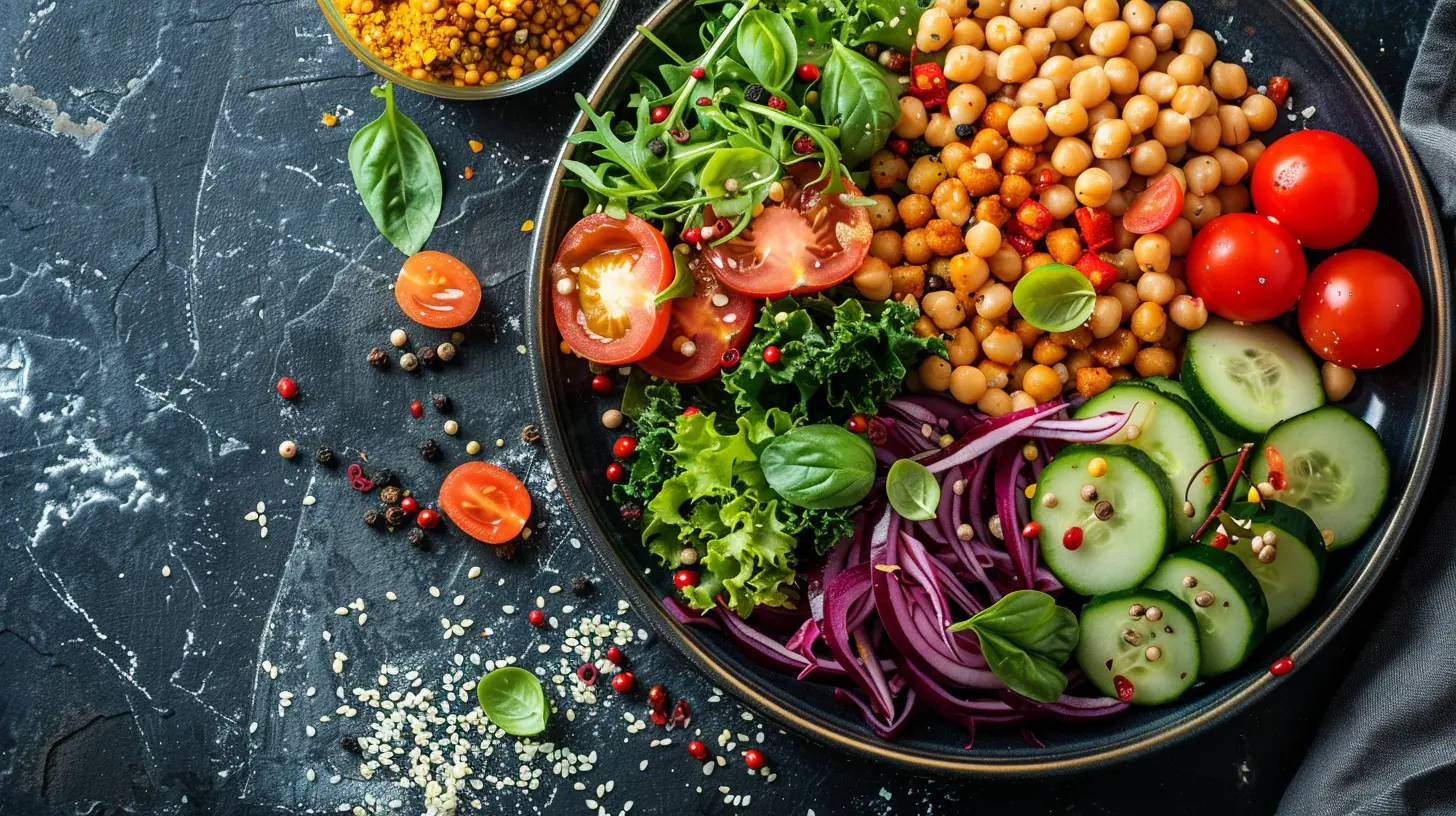
How to Start a Plant-Based Diet (Without Overwhelm!)
Jumping into a plant-based lifestyle doesn’t have to be complicated. Here’s a step-by-step guide to making the transition as smooth as possible.Step 1: Start Small
No need to go all-in overnight! Try replacing one meal per day with a plant-based option. Breakfast is an easy place to start—swap out eggs and bacon for oatmeal with fruit and nuts.Step 2: Stock up on Staples
A successful plant-based diet starts in your kitchen. Keep these essentials on hand:- Proteins: Lentils, chickpeas, tofu, quinoa, black beans
- Healthy Fats: Avocados, nuts, seeds, olive oil
- Carbs & Grains: Brown rice, whole wheat pasta, sweet potatoes, oats
- Vegetables & Fruits: Leafy greens, berries, bananas, bell peppers
Step 3: Recreate Your Favorite Meals
Love pasta? Swap meat for lentils or mushrooms. Craving burgers? Try a black bean or lentil patty. The idea is to make small swaps instead of cutting everything out at once.Step 4: Find Tasty Plant-Based Recipes
There are endless plant-based recipes online. Try out YouTube tutorials, food blogs, or Pinterest for inspiration. Experimenting with new flavors makes the process exciting!Step 5: Listen to Your Body
Pay attention to how you feel. You might notice increased energy, better digestion, and even clearer skin. Adjust your diet based on what works best for you.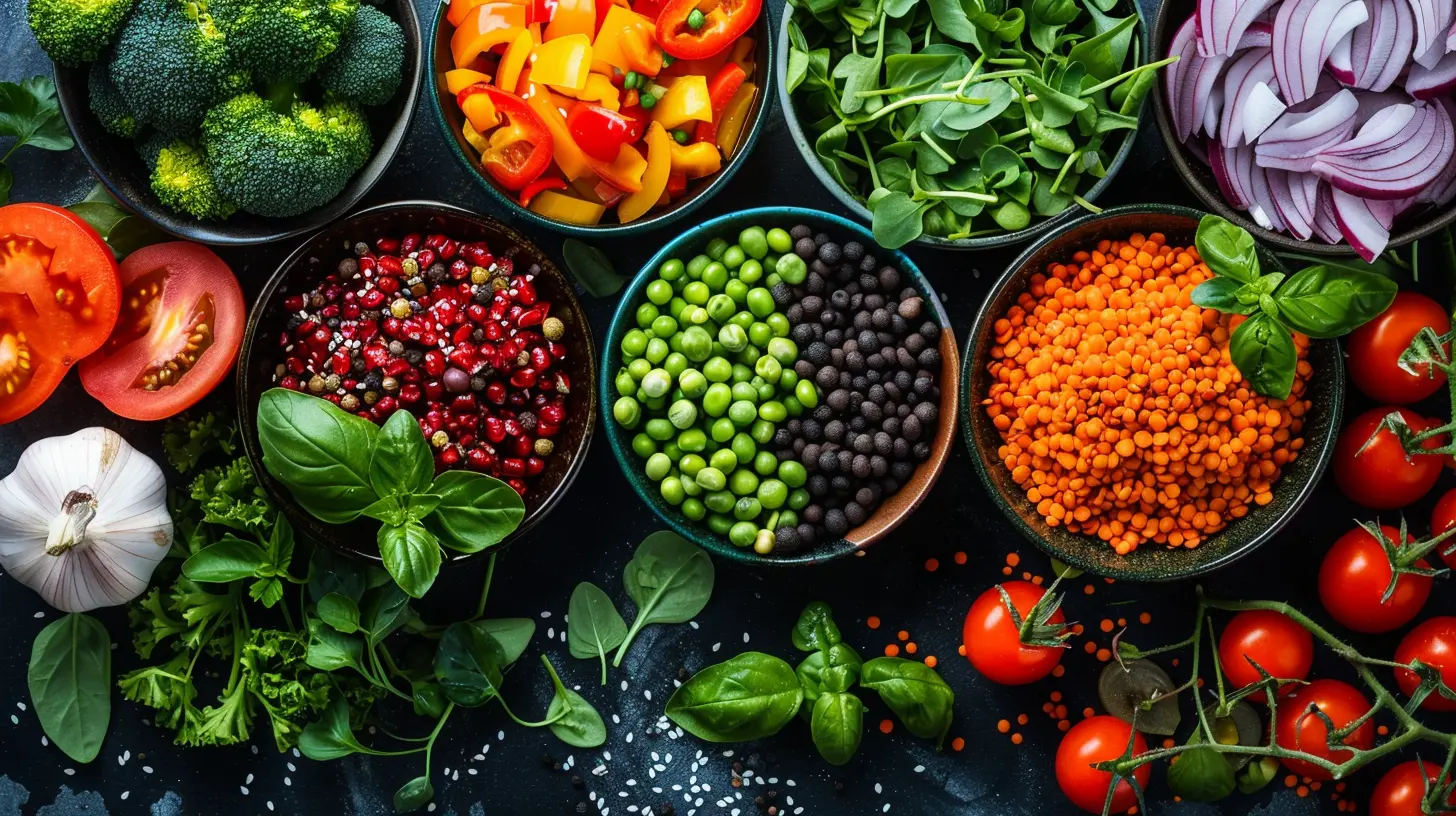
What About Nutrients?
A common concern with plant-based diets is whether you'll get all the necessary nutrients. The good news? With careful planning, you can get everything you need! Here’s what to focus on:✅ Protein – Found in lentils, beans, tofu, quinoa, nuts, and seeds.
✅ Iron – Get it from spinach, lentils, chickpeas, and fortified cereals.
✅ Vitamin B12 – Found in fortified plant-based milk and nutritional yeast.
✅ Omega-3s – Walnuts, flaxseeds, and chia seeds are excellent sources.
✅ Calcium – Present in leafy greens, tofu, almonds, and fortified plant milk.
If you have concerns, a simple blood test and consultation with a dietitian can help ensure you're getting all the nutrients you need.
Simple & Delicious Plant-Based Meal Ideas
Need inspiration? Here are a few easy meals to get you started:🌱 Breakfast – Overnight oats with almond milk, berries, and flaxseeds.
🌱 Lunch – Chickpea salad wrap with avocado, lettuce, and whole grain tortilla.
🌱 Dinner – Stir-fried tofu with quinoa and steamed broccoli.
🌱 Snacks – Hummus with carrots, roasted almonds, or fruit with peanut butter.
Eating plant-based is anything but boring—with the right ingredients, the possibilities are endless.
Final Thoughts: Your Health, Your Choice
Starting a plant-based diet doesn’t have to be overwhelming. The key is progress, not perfection. Whether you go fully plant-based or just incorporate more plant-based meals into your routine, every bite counts!Give it a try, listen to how your body responds, and enjoy the journey. Your health—and the planet—will thank you.
all images in this post were generated using AI tools
Category:
Plant Based DietAuthor:

Jackson Mahoney
Discussion
rate this article
1 comments
Colette Snow
Absolutely loved this guide! A plant-based diet can be so vibrant and delicious. Excited to explore new recipes and nourish my body in a joyful way! 🌱😊
August 24, 2025 at 2:48 AM

Jackson Mahoney
Thank you! I’m thrilled to hear you enjoyed the guide. Happy cooking and nourishing! 🌿😊
